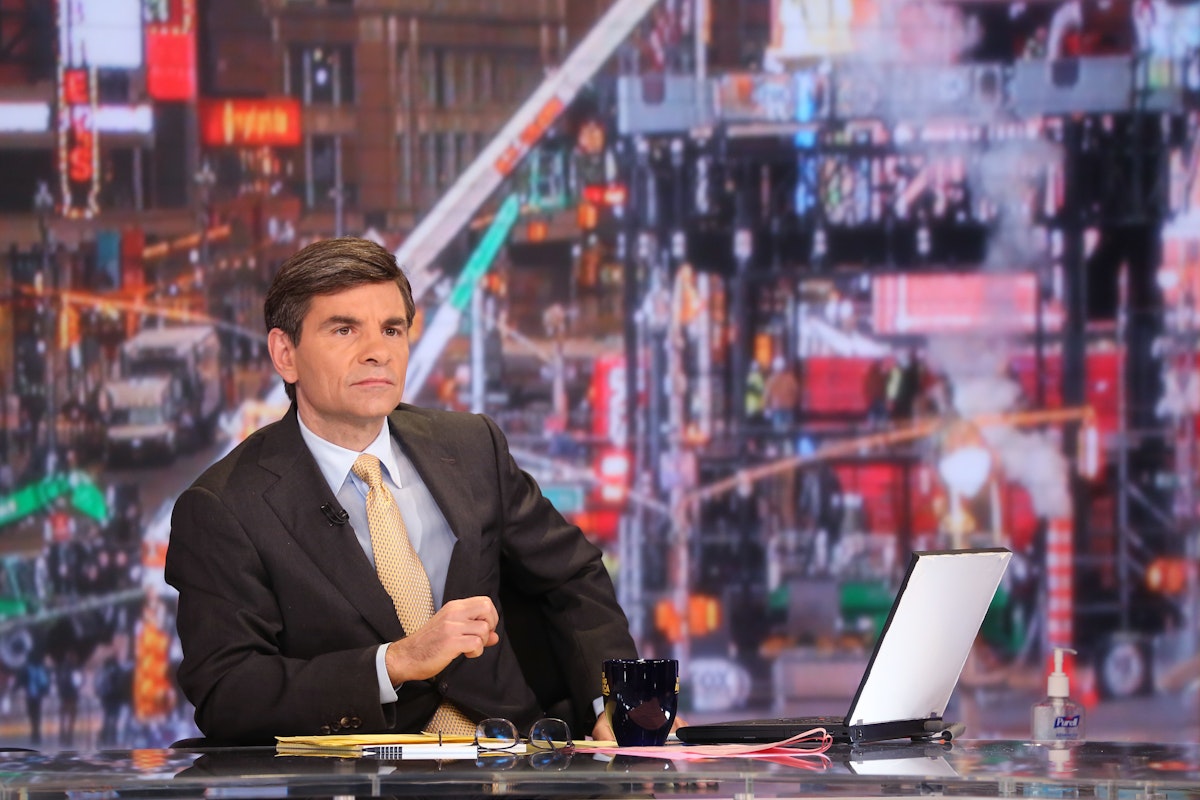
In countries with weaker protections for free speech and stricter defamation laws, Stephanopoulos might be in serious trouble just for this. But the First Amendment makes it more difficult for Trump to prevail. The legal standard for defamation claims, as articulated by the Supreme Court, is “actual malice.” Simply being wrong is not enough; defamation plaintiffs must show that the defendant acted with “reckless disregard for the truth” if they want to prevail.
Trump’s lawyers try to overcome that hurdle in two ways. First, they point to the overall tenor of Stephanopoulos’s interview with Mace, arguing that the “intensity and persistence of the questioning” showed that he “maliciously intended to convince his viewers of a falsity.” They also found an earlier interview that Stephanopoulos conducted with Carroll herself, where he asked her about her reaction when the jurors said they had declined to find him liable for rape. That interview, the complaint said, showed that Stephanopoulos was aware of the jury’s actual verdict. (It is worth noting, however, that this interview took place before Kaplan’s rape ruling, not after.)*
Whether this is enough to overcome the “actual malice” threshold is unclear. A federal judge may ultimately conclude that the interview questions did not reach that level, given the context of Trump’s history of sexual assault allegations and Kaplan’s own ruling on the jury’s use of the term “rape.” But it could end up being a much closer call than any of Trump’s past attempts to pin a defamation claim on the media.
* This article has been updated.